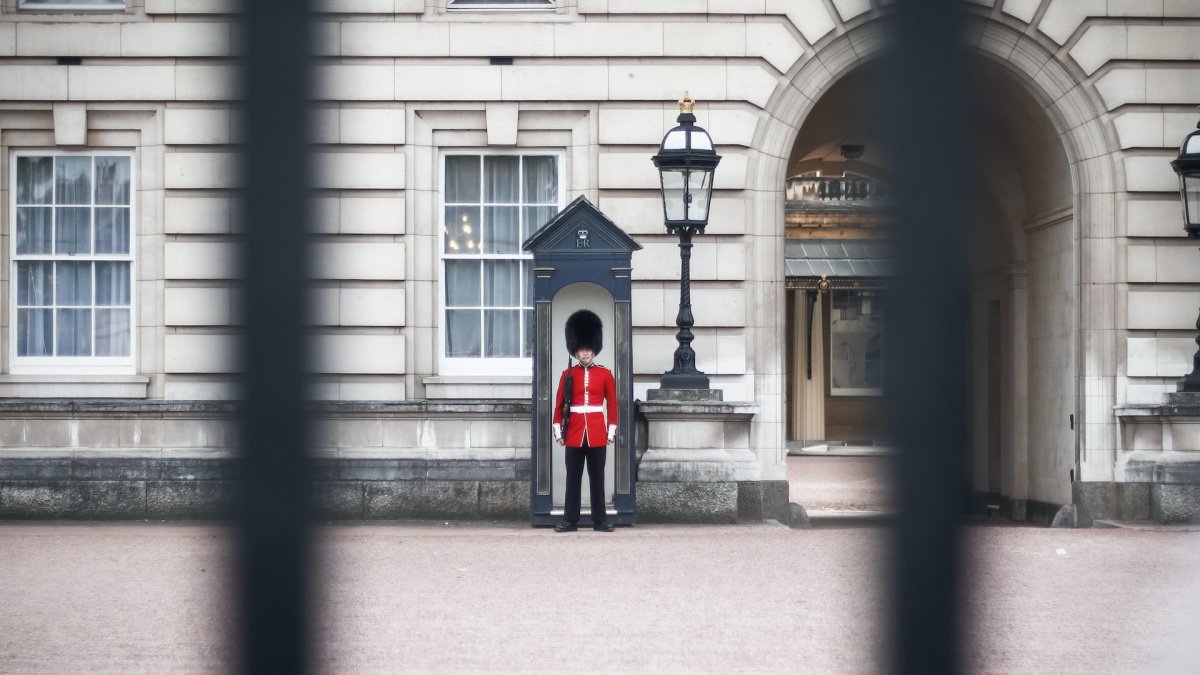What the world’s top executive coach can teach us about our roles
The top executive coach isn’t for hire. That’s because it’s not who you think. According to the Wall Street Journal, it’s Queen Elizabeth. In her 67 years on the throne, she has met weekly with 14 prime ministers. These meetings are absolutely confidential. The queen is not allowed to comment publicly on matters of state, but that does not prevent her from offering her views in private. According to her own reflections and a few comments from prime ministers, she focuses more on asking questions and providing a safe space for these leaders to talk about the challenges they are facing. She has massive knowledge of both world history and current events, which enables her to provide a perspective both deep and broad.
It does sound like really superb executive coaching. Some of the key elements are the confidentiality of the conversations, her emphasis on asking the right questions, and the knowledge and experience she brings to the conversation. In addition, the fact she is not the prime ministers’ boss and cannot publicly take sides on the issues means she can provide a safe and neutral ground for them to explore the topics at hand.
The article also touches on another key issue in executive coaching — “The problem with external coaches … is that they’re usually more interested in the client than the institution.” This is a key issue that coaches need to be very clear about. We are certainly working for the person in the room, but we also have a responsibility to the organization that hired us to do this work. We have an obligation to deeply understand the organization – how it does business, who are the key players, what is the company culture, what challenges is the business facing — while we keep in mind that our job is to provide productive guidance for both the individual and the organization. I am concerned that some of my colleagues focus solely on the individual they are coaching and neglect their responsibilities to the organizations.
Unfortunately, very few people will have the opportunity to be coached by Queen Elizabeth. But the good news is that there are many effective impactful coaches out there. According to the WSJ, 71% of business leaders who employ coaches believe coaching improved the performance of their company, and 60% reported that they made better decisions as a result of the coaching.
If you would like to experience the benefits of executive coaching for yourself or your organization, contact us.


